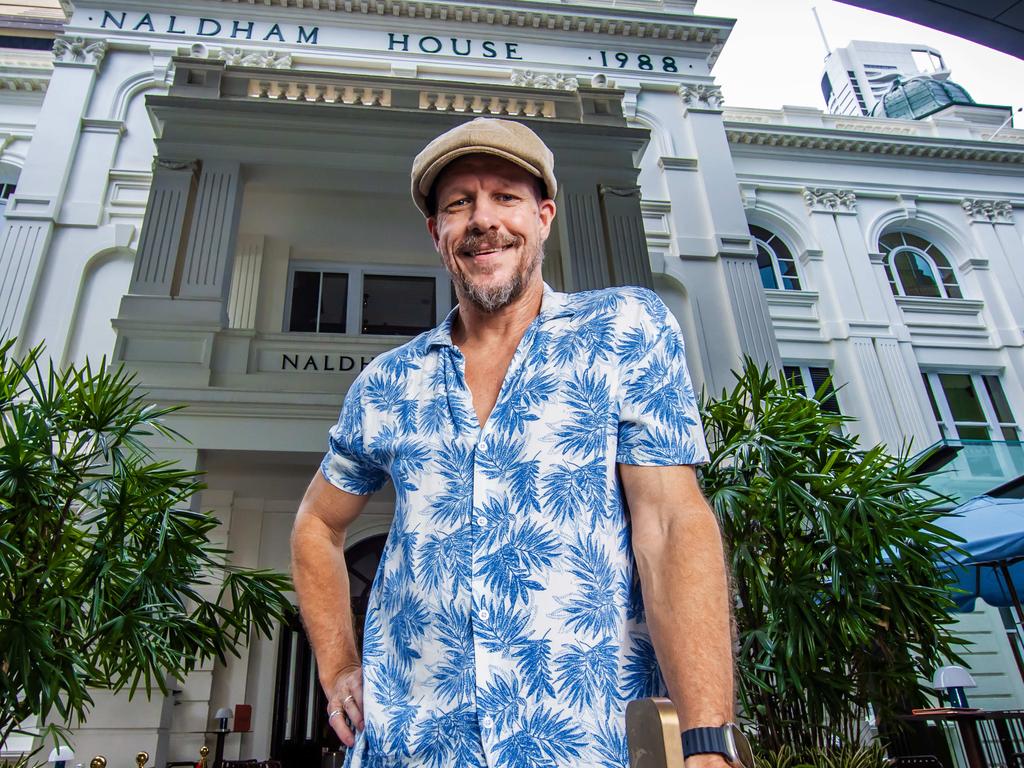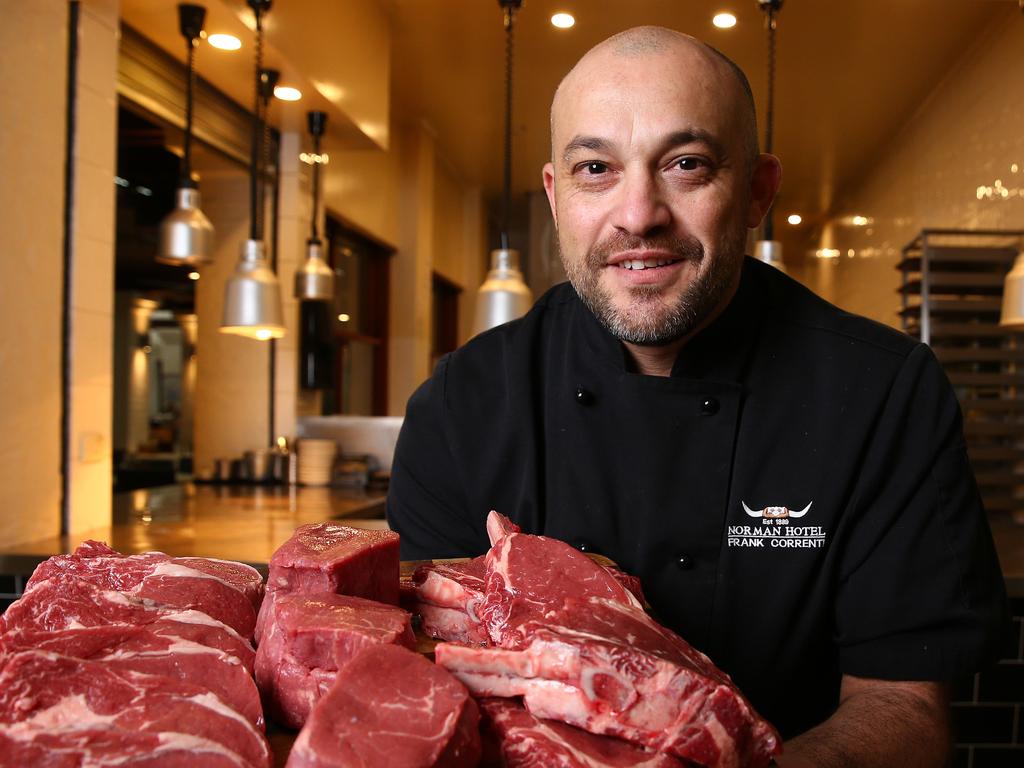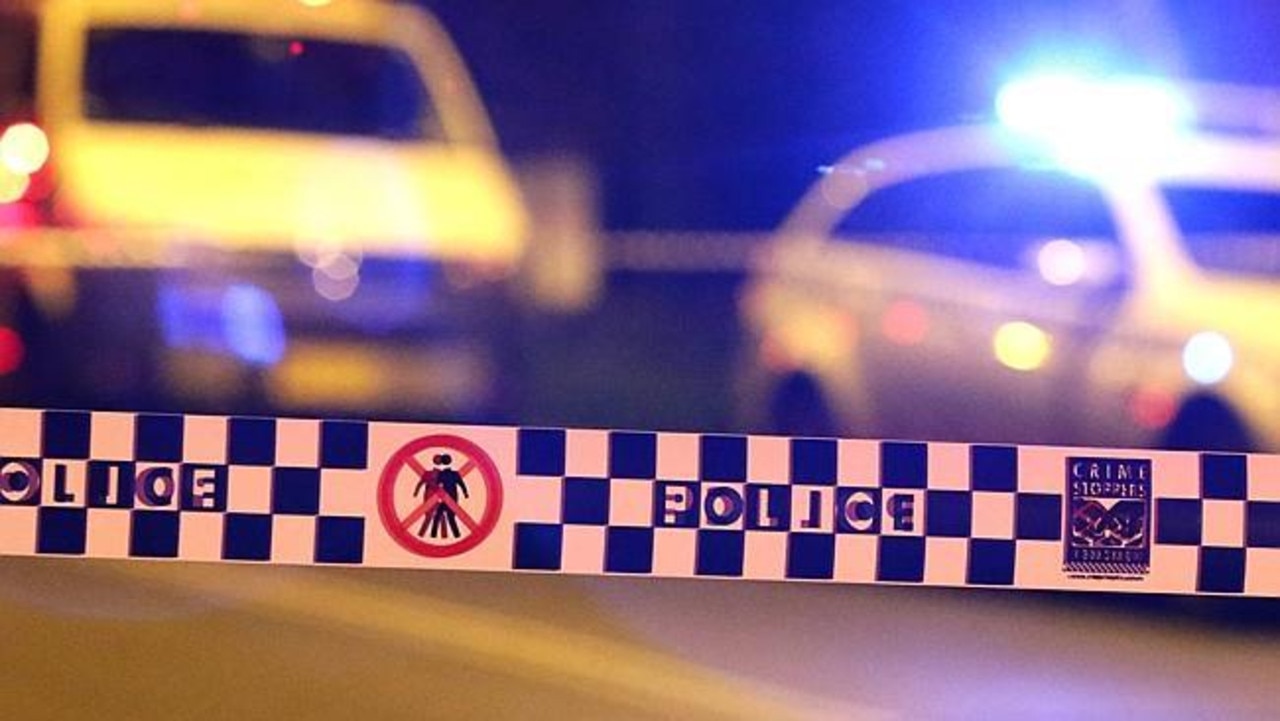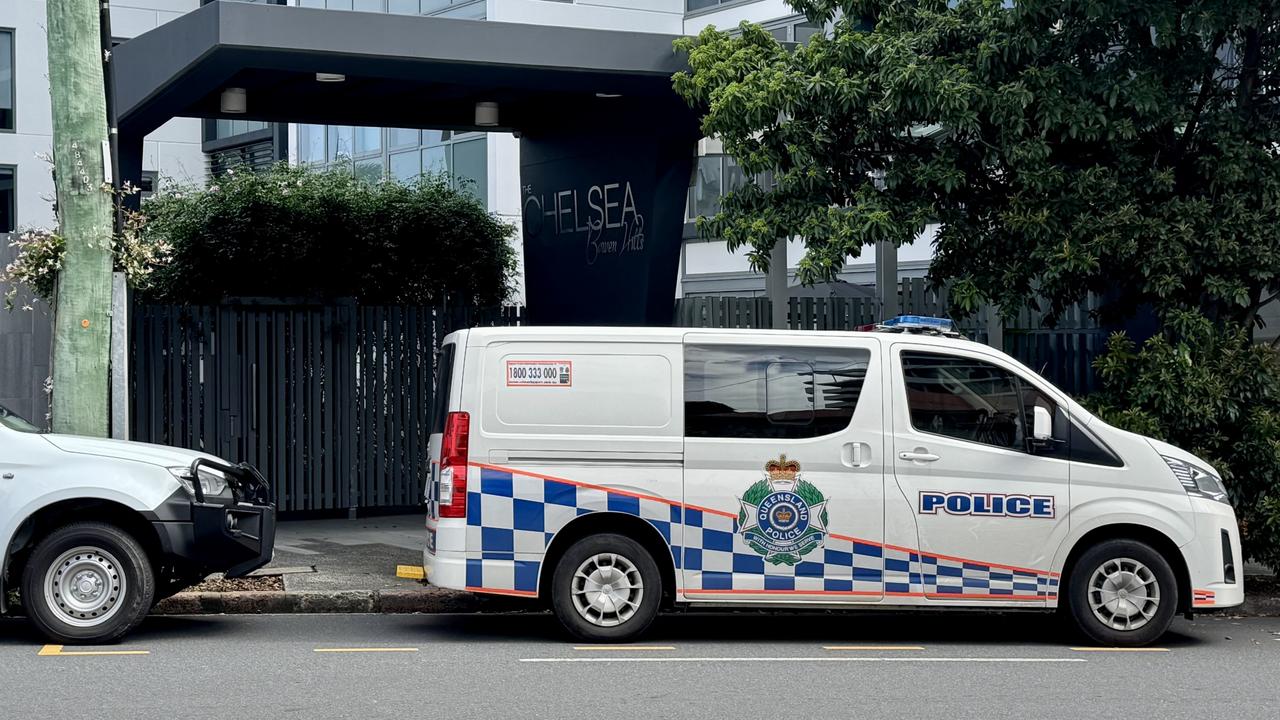Revealed: The new price you’ll pay for steak after Donald Trump’s beef tariffs
Industry experts have slammed the 10 per cent beef tariff as “disgraceful” and another kick in the guts for consumers and farmers. Here’s what it means for supermarket, restaurant prices.

QLD News
Don't miss out on the headlines from QLD News. Followed categories will be added to My News.
Consumers are set to pay twice as much for supermarket beef, with restaurant patrons also slugged in the wake of US President Donald Trump’s tariff on Australian agricultural exports.
Industry experts have slammed the 10 per cent beef tariff, which begins on Saturday, as “disgraceful” and another kick in the guts for consumers and farmers battling a cost of living crisis.
A doubling of prices would see scotch fillet steak, now $50 a kilo at Woolworths and Coles, reach $100, and regular beef mince jump from $13 to $26 a kilo.
Cafe and restaurant diners can also expect to pay more, although operators are yet to reveal just how much.
In a further blow, the Trump tariff could send more independent butchers to the wall.
Tammi Jonas, spokesperson for the Australian Food Sovereignty Alliance, accused the US President of “disgraceful behaviour”.
“It’s really farmers’ and consumers’ lives at stake here – we are in a cost of living crisis and beef prices are already in a shocking state,” Dr Jonas said.
“Supermarket prices could double if we radically increase exports, and the way the federal government is going hell for leather on free trade agreements, that is a reality.”
Dr Jonas also said countries slapped with much higher US tariffs, such as China, Japan and Korea, would retaliate and turn to Australia for their beef.
“The likelihood of Australian exporters shifting to Asian markets is pretty high and if you can get more overseas, why would you not?”
“But as more of our beef goes overseas, supply shrinks here so local consumers pay more.”
Dr Jonas, a small beef producer, warned butchers would go belly up.
“The same multinationals doing the exporting control the processing facilities so unless you’re a butcher big enough to take 15 cattle carcasses you’ll be forced to close.
“That will mean zero choice for consumers and give supermarkets no reason to keep their prices lower because they’re the only ones setting prices.”

High-profile Brisbane restaurateur Andrew Baturo, who runs Walter’s Steakhouse in the city and a string of other venues, likened the Trump tariff to the Covid pandemic.
“Our stance is the same as during Covid when there was a lot of uncertainty and fluctuation in pricing,” Mr Baturo said.
“We are very unsure where this may end up; there will be unintended consequences that could be an opportunity or a disaster.
“One of the things we rely on most in the restaurant industry is consistency, and that includes our pricing – we would like to keep everything as normal as possible but obviously in the mid to long term there will be those unintended consequences.”

At Woolloongabba’s Norman Hotel, executive chef Frank Correnti said they had “already seen some movements in beef prices” and predicted they would jump by 10-12 per cent.
However, Mr Correnti said the hotel would be holding firm on its prices until at least the next menu review in June-July.
“Just because we’re going to cop an increase doesn’t mean our customers will.
“We’re going to absorb it for as long as we can, but we also have to pay staff, rent and electricity and everything else that is going up as well.”
Coles and Woolworths have been contacted for comment.
Originally published as Revealed: The new price you’ll pay for steak after Donald Trump’s beef tariffs




